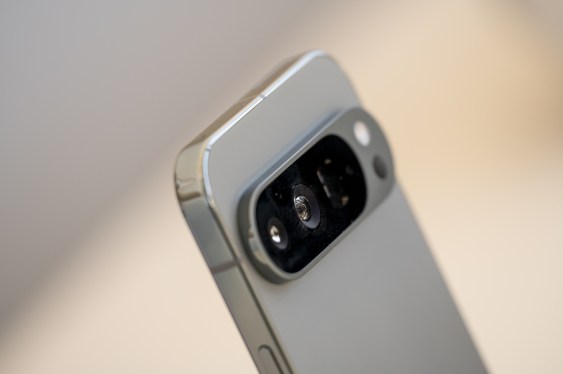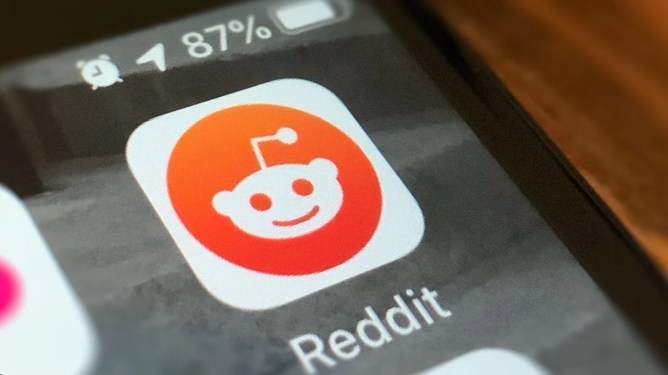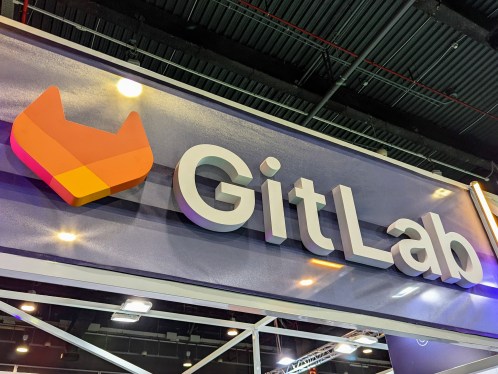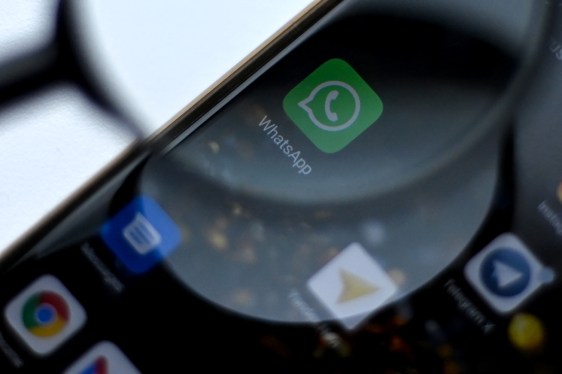Indonesian Ministry Imposes Restrictions on Google’s Phones Until Compliance
In a move that has significant implications for the country’s tech industry, Indonesia has banned the sales of Google Pixel smartphones due to non-compliance with domestic content requirements. This decision comes just days after Apple’s iPhone 16 was blocked in Southeast Asia’s largest phone market.
Background on Indonesian Content Rules
Indonesia’s Ministry of Industry has been enforcing rules that require a minimum of 40% local content in smartphones sold within the country. This means that companies must either manufacture devices, develop firmware, or invest in local innovation to meet these requirements. The regulation is designed to promote fairness for all investors and create added value for the industry.
Google’s Non-Compliance with Local Content Rules
According to Industry Ministry spokesperson Febri Hendri Antoni Arief, Google must obtain local content certification before resuming sales of its Pixel smartphones in Indonesia. "The local content rule and related policies are made for fairness for all investors that invest in Indonesia, and for creating added value and deepening the industry structure here," Hendri was quoted as saying.
Impact on Major Smartphone Makers
Major smartphone makers like Samsung and Xiaomi have established manufacturing facilities within Indonesia to meet the country’s content requirements. Apple, however, has opted to open developer academies in the country instead of investing heavily in local manufacturing or firmware development.
Indonesia’s Broader Industrial Policy
The Indonesian government aims to leverage its large consumer market for domestic economic development through this regulation. Companies failing to meet the 40% local content threshold face sales restrictions, as seen with Google and Apple. The certification system, known as "local content level," plays a crucial role in enforcing these policies.
Top Smartphone Brands in Indonesia
It is worth noting that neither Google nor Apple ranks among Indonesia’s top five smartphone brands, according to marketing research firm Counterpoint.
Implications for the Tech Industry
The ban on Google Pixel sales has sparked concerns about the implications for the tech industry as a whole. While the regulation aims to promote domestic economic development, it may also lead to increased costs and complexity for companies operating in Indonesia.
Potential Solutions for Companies
Companies can satisfy the local content requirements through different routes, such as manufacturing devices, developing firmware, or investing directly in innovation projects. However, the certification process can be a challenging hurdle for some companies.
Conclusion
The Indonesian government’s decision to ban sales of Google Pixel smartphones due to non-compliance with domestic content requirements marks an important step towards promoting local economic development. As the tech industry continues to evolve, it remains to be seen how this regulation will impact the country’s smartphone market and global players operating within it.
Related Reading
- Apple’s iPhone 16 Ban in Indonesia: What It Means for Tech Companies
- The Rise of Local Content Requirements in Southeast Asia
- How Indonesia’s Industrial Policy Affects Tech Giants












